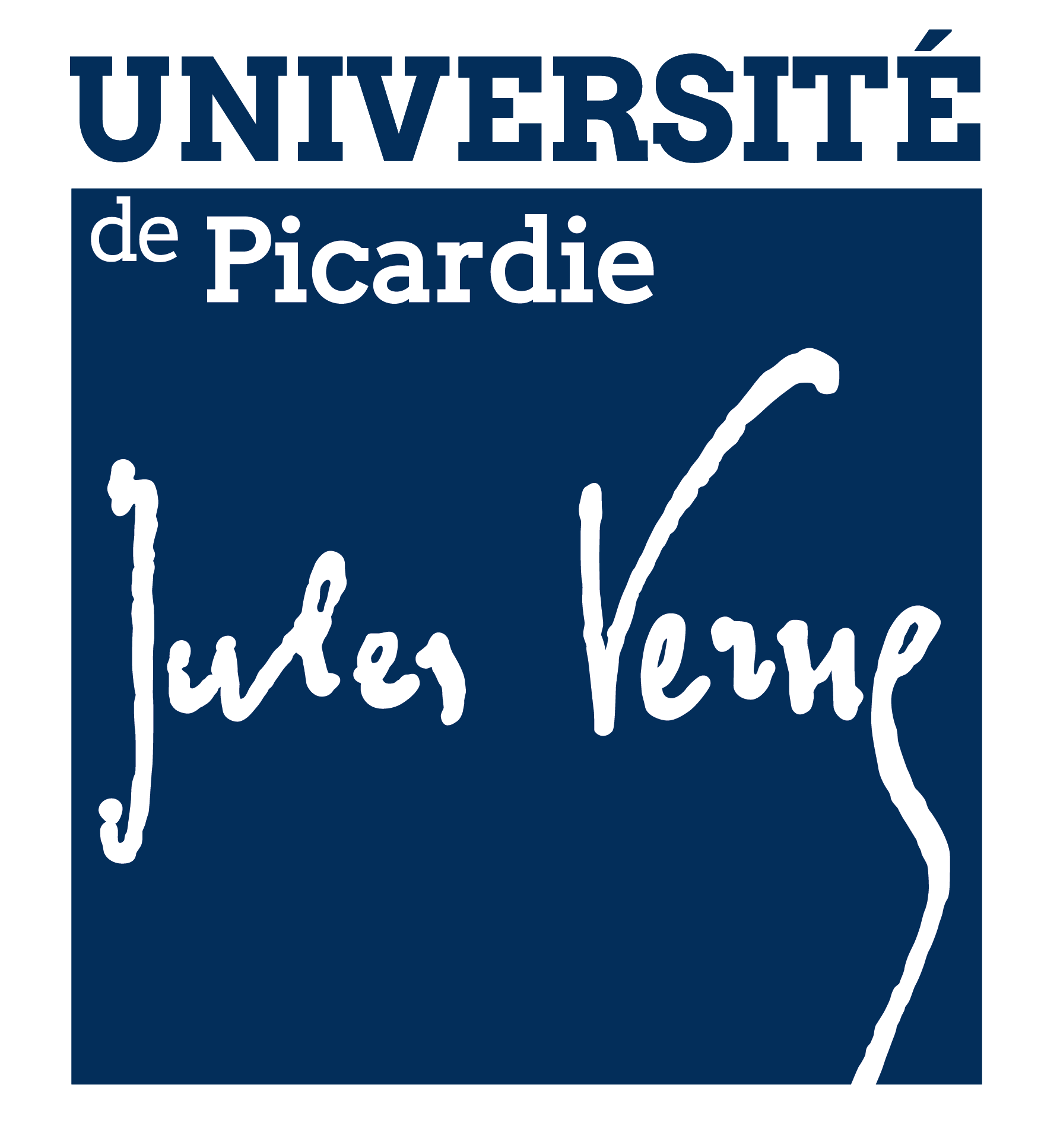L'immanence du langage chez Spinoza
A imanência da linguagem em Spinoza
Résumé
The thesis assumes the centrality of the language given by the linguistic turn. We propose, therefore, the resumption of Spinoza's philosophy of immanence for this question. We argue that the philosopher promotes the language as an affirmative force, as self-knowledge and expression in its proper philosophical and immanent activity. To doing this, we assume the following itinerary : we make a seventeenth century revival, emphasizing the specific questions of the semantical traditional language, based on the cartesian theory of knowledge. Afterwards, we present the theoretical basis for thinking the language in Spinoza against cartesianism, namely the self, free will and the self-knowledge. We understand that, for Spinoza, the language follows a common and habitual order that can be overcome by the order of the active ideas of the intellect and according to its nature and potency. We extract how the philosopher himself affirms his own power of interpretation by the written language in his thought. From this idea, we assume that the central hypothesis is take Spinoza as interpreter of his life and of the texts that come to him as affectivity. This interpretative capacity is present also in the creative use of language through the written expression of his own philosophical theory. In this way, the geometric method is not an idealized model but is crossed by affects, affections and ideas that affect the reader. Finally, unlike the ideal of perfect linguistic communication, the Ethics is placed as a work that conveys the greatest affection that can exist through writing and is an invitation also for the reader to enjoy it. With this, at the same time, the author invites his reader to this knowledge and expression of himself, where geometry is an optical prism of an opening of singular senses and experiences. The philosophy of immanence, unlike contemporary semantic or pragmatic paradigms, promotes an absolute immanence of language that is linked to the expression and communication of philosophy and language as life, that is, as an affective potency
La thèse tient compte de la centralité du langage donnée par le linguistic turn ou le tournant linguistique contemporain. Pour le traitement de cette question, nous proposons en outre la reprise de la philosophie de l'immanence de Spinoza. Nous défendons que le philosophe promeut le langage comme une force affirmative de soi, en tant qu'auto connaissance et expression, dans son activité philosophique et immanente. Nous traçons ainsi l'itinéraire suivant : tout d'abord, nous revenons au XVIIe siècle, pour mettre l'accent sur les questions spécifiques de la sémantique traditionnelle du langage d'après la théorie de la connaissance cartésienne. Ensuite, nous présentons le fondement théorique que nous postulons pour penser le langage chez Spinoza contre le cartésianisme, c'est-à-dire, le je, le libre arbitre et l'auto connaissance. Nous comprenons que pour Spinoza le langage suit un ordre commun et habituel qui peut être vécu à travers l'ordre des idées actives de l'intellect et selon leur nature et leur puissance. De là, tel que le philosophe lui-même l'affirme, provient sa propre force d'interprétation. A partir de cette idée, nous postulons comme hypothèse centrale de considérer Spinoza comme un interprète de sa vie et des textes comme affectivité, cette capacité interprétative étant aussi présente dans l'usage créatif du langage dans l'expression écrite de sa propre théorie philosophique. Ainsi, la méthode géométrique n'est pas un modèle idéalisé mais croisé d'affects, d'affections et d'idées qui affectent le lecteur. En troisième lieu, à la différence de l'idéal d'une communication linguistique parfaite, nous considérons l'Éthique comme une œuvre qui transmet l'affect le plus grand qui puisse exister à l'aide de l'écriture. C'est une invitation au lecteur à cette connaissance et expression de soi dans laquelle la géométrie est un prisme optique d'ouverture à des sens et à des expériences singulières. La philosophie de l'immanence, à la différence des paradigmes sémantiques ou pragmatiques contemporains, promeut une immanence absolue du langage qui est liée à l'expression et à la communication de la philosophie et du langage comme vie, c'est-à-dire comme puissance affective
Domaines
Philosophie
Origine : Version validée par le jury (STAR)

